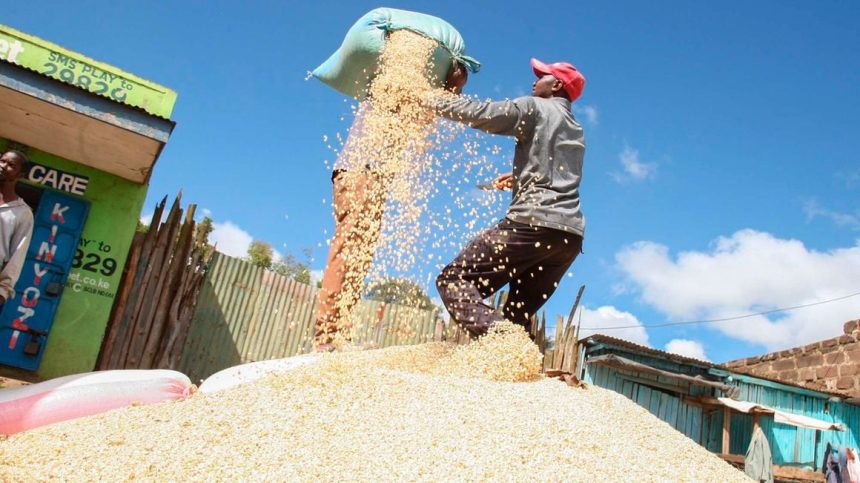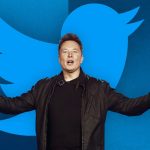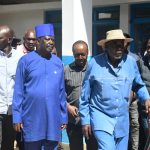Spending on subsidies was above the annual target in the first nine months of the year despite the decision by the Kenya Kwanza government to scrap such State support.
The government had spent Sh43.4 billion on subsidies in the fiscal year to March, above the yearly target of Sh22.2 billion.
When President William Ruto rose to power in September his government ended the fuel and maize subsidies, opting instead to subsidise production.
As a result, the Kenya Kwanza administration retained fertiliser subsidies to reduce the cost of production as prices of basic commodities continued to rise due to the failed rains and costly inputs owing to the war in Ukraine.
With the removal, the target for expenditure on subsidies in the current fiscal calendar ending June was slashed by three quarters from Sh88 billion to Sh22 billion.
Besides, fuel subsidies on diesel and kerosene were retained while the pass-through variable costs to electricity consumers were also restored.
This pushed up the cost of power for firms and households.

Erode gains
“However, in the first nine months of FY2022/23 expenditure on subsidies reached Sh43.4 billion (0.3 percent of GDP) above the yearly target, which could continue to erode revenue gains,” said the World Bank.
Part of the reason subsidies have continued to rise is the government’s continued settlement of some of the arrears to suppliers, including millers and oil marketing companies (OMCs) who had supplied maize and fuel respectively to the State.
The government owes OMCs around Sh45 billion that they want converted into a three-year debt instrument.
The maize subsidy, which the Ruto administration has questioned, has been allocated additional funds in the 2023/24 fiscal year.
Inflationary pressure
This financial year, the government plans to spend Sh13.3 billion on the fertiliser subsidy while the support will drop to Sh8.5 billion in the next fiscal year starting July.
Part of the reason the economy was steadfast against inflationary pressures and weak exchange rate is the spending on subsidies, said the World Bank.
“The deceleration in private consumption was only partially offset by a higher contribution from government consumption, led by increased subsidies to mitigate the impact of higher fuel and food prices. Investment is estimated to have contracted in 2022 in line with 11 percent y/y decline in development spending in 2022 on fiscal consolidation measures.”



